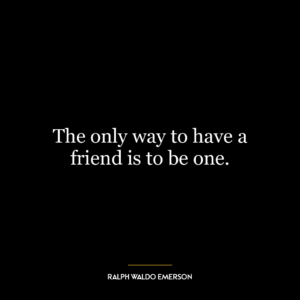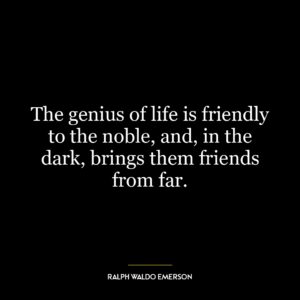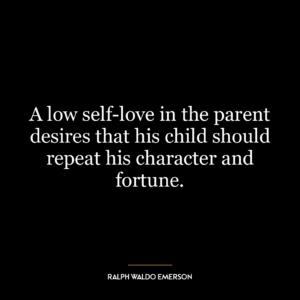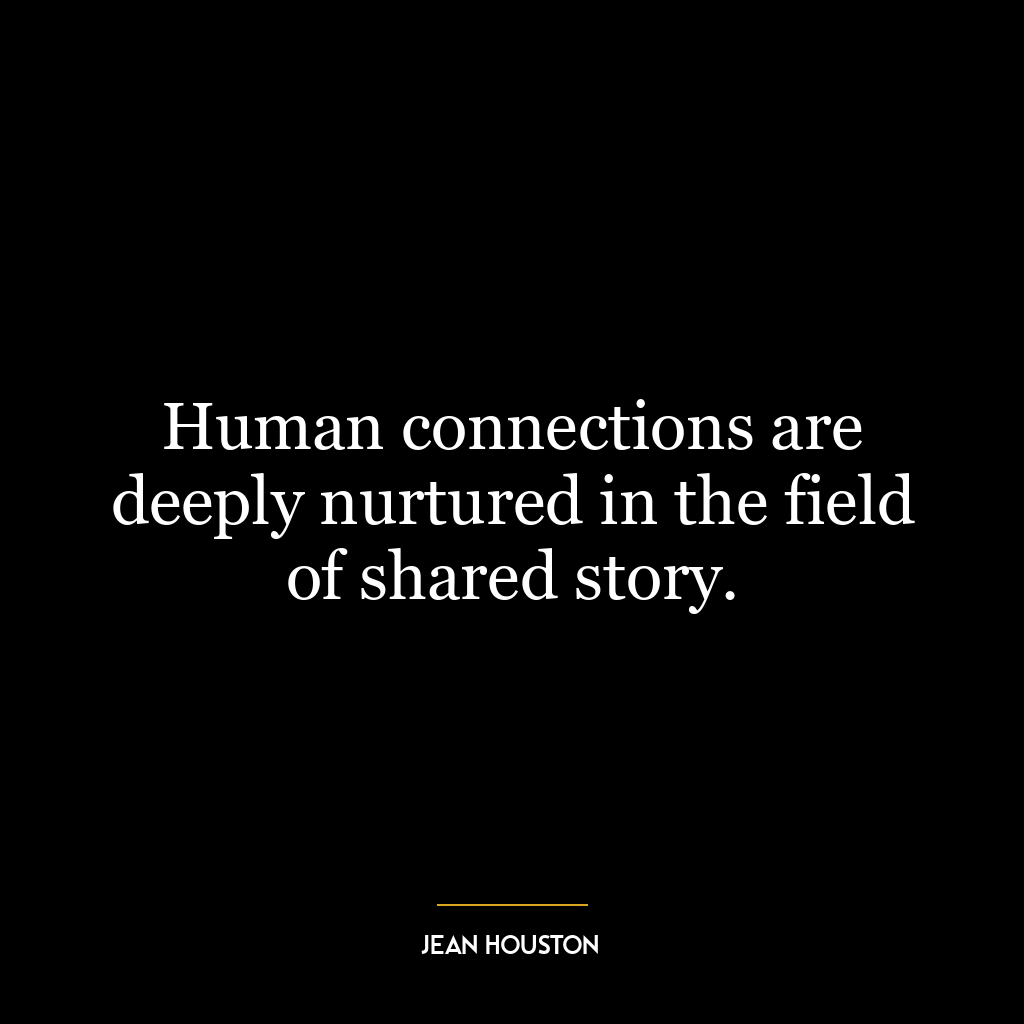You cannot sincerely try to help another without helping yourself
Ralph Waldo Emerson’s quote, “You cannot sincerely try to help another without helping yourself,” encapsulates the concept of mutual growth and advancement that often comes with acts of kindness or assistance.It suggests that any genuine attempt to assist someone else inadvertently leads to self-advancement.
This idea can be interpreted in various ways.On a basic level, when we help others, we learn new skills or data that can be beneficial for us too. For instance, tutoring a peer in mathematics may reinforce our own understanding of the subject matter.
On a deeper level,it may refer to emotional and psychological growth. Helping others frequently enough invokes feelings of satisfaction and fulfillment which improve our mental well-being. It can bolster self-esteem as we realize our ability to make positive changes in someone else’s life.
Moreover, this quote embodies the principle of karma – the belief that good deeds will eventually return back to us. This doesn’t necessarily mean expecting direct reciprocation from those we’ve helped but rather fostering an habitat where kindness is valued and reciprocated by anyone within it.
In today’s world where individualism is highly celebrated, this concept is even more crucial. In professions like counseling or social work for example, professionals not only aid their clients but also gain profound insights about human behavior and resilience which makes them better at their job while also enriching their personal lives.
In terms of personal development too, embracing this idea can foster empathy and compassion – essential traits for building meaningful relationships both personally and professionally. It encourages people not only strive for individual success but also contribute towards collective well-being – creating a more harmonious society where everyone thrives together.
Thus Emerson’s quote isn’t just an encouragement towards altruistic behavior but also an insight into how such actions contribute toward our own growth – making us wiser and kinder individuals in the process.















